Belle & Wilde use nothing but the good stuff
All our products are suitable for vegetarians and many are vegan-friendly. They are all wheat-free and gluten-free, with no preservatives. We try to use as many locally sourced ingredients as possible.
Vegetarian- & Coeliac-friendly
Gluten & Wheat Free
100% Natural / No Preservatives
Six Makes Sense
‘Six’ is the magic number
Six hero ingredients form the basis for our recipes. While some use a few more, and others slightly less, you can be assured that all are subject to minimal processing to ensure maximum goodness. And not only do we limit their number, but our packaging lists them in plain English – so you know exactly what you are eating.
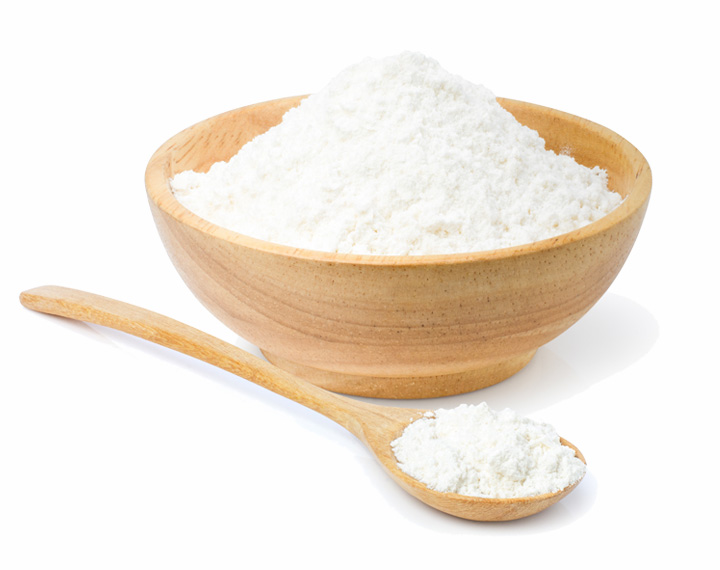
Our Flours
• Rice Flour is an outstanding alternative to whole wheat flour as it is gluten-free and perfect for gluten intolerance and auto-immune conditions like Coeliac disease.
The insoluble fibres present in Rice Flour keep our digestive tract in shape and are a rich source of calcium. Rice Flour also aids cardiovascular health, maintains the blood sugar level, keeps bowel movements regular and boosts the immune system.
• Tapioca Flour is free of all major allergens, including grains, gluten, dairy, fish, eggs, soy, and nuts, making it a fantastic choice for those looking for an allergen-free flour alternative.
Tapioca is also vegan and sugar-free and a safe option for those who suffer from diabetes, high blood pressure, high cholesterol, allergies and digestive issues. It can be used in recipes to reduce the use of butter, oil, cream or dairy.
• Cornflour is rich in antioxidants and fibre. It helps to reduce fat and inflammation whilst improving digestion and sustaining a rich gut microbiota.
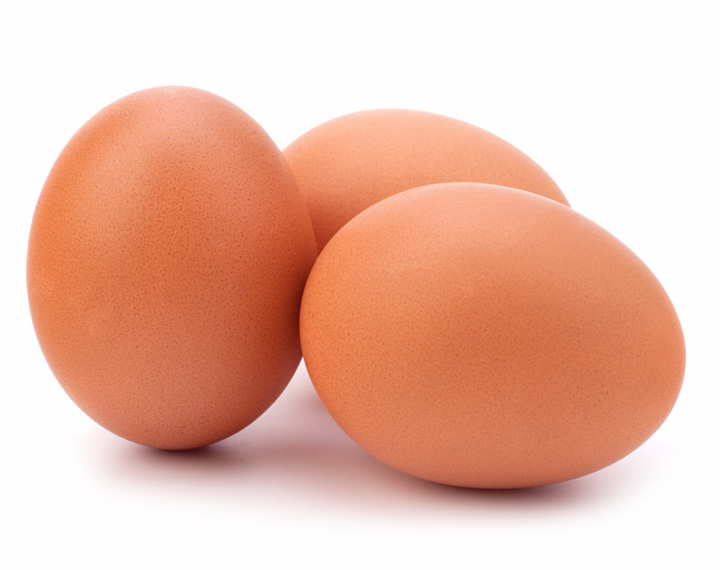
Free Range Eggs
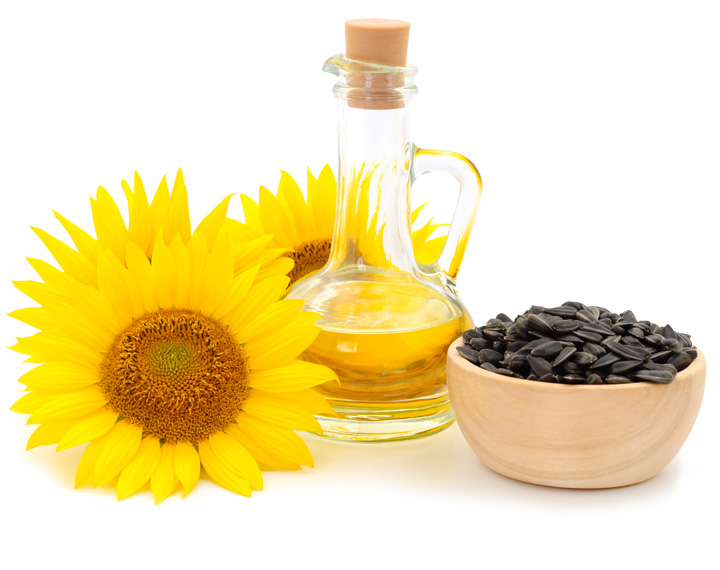
Sunflower Oil
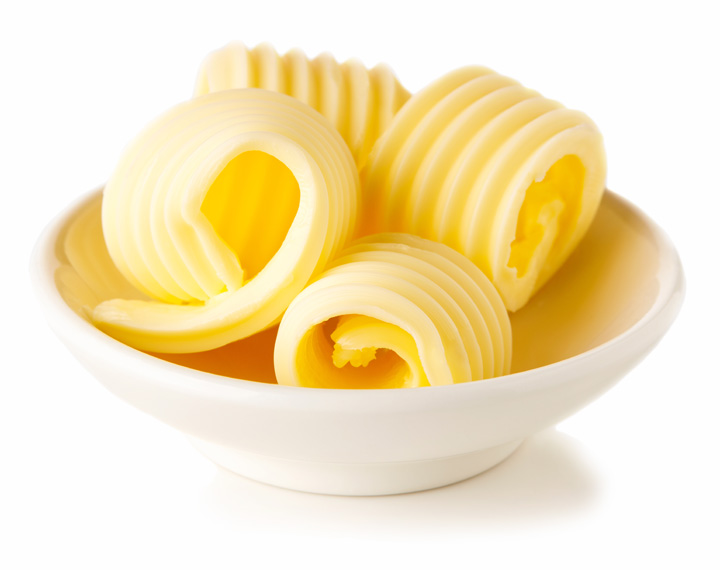
Butter
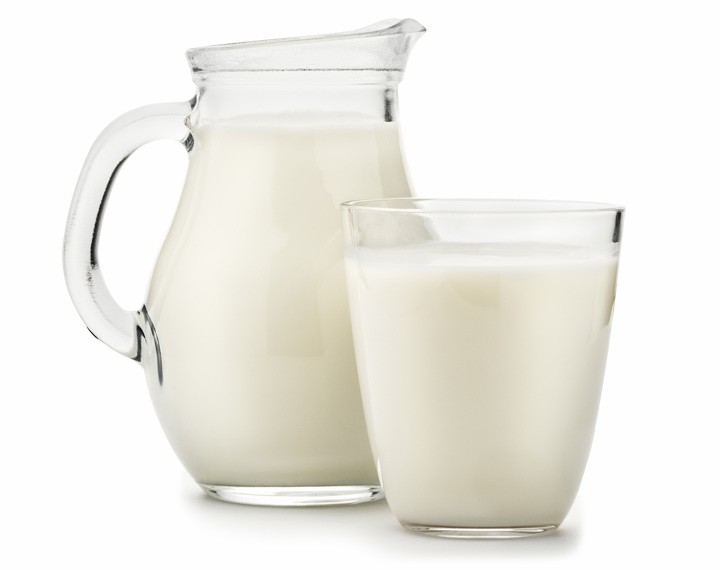
Milk
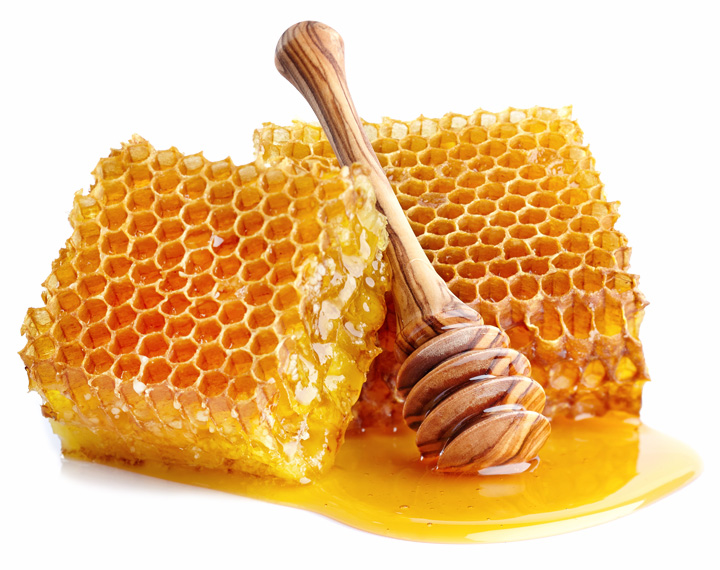
Honey
Ingredients We Love
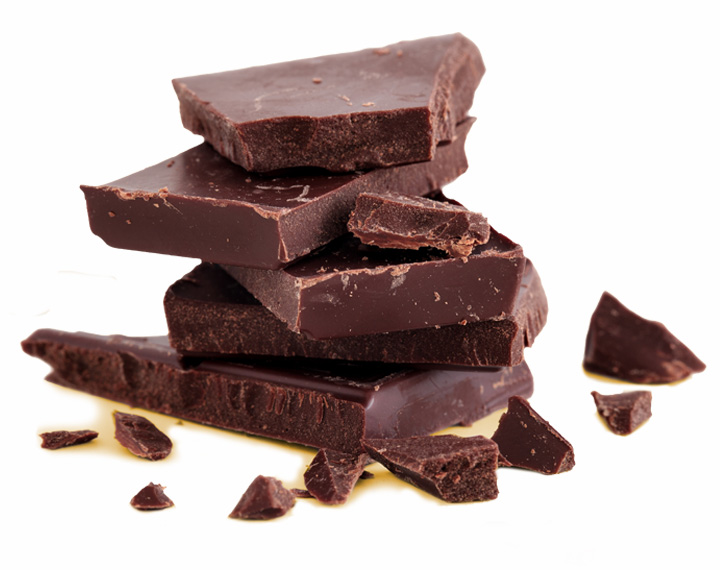
Belgian Chocolate
- It can improve your cardiovascular health. The flavonoids in cocoa have been shown to help lower blood pressure and improve blood flow to the heart.
- It can help protect your skin from damage. The antioxidants in cocoa can help protect your skin from damage caused by ultraviolet radiation.
- It can improve your cognitive function. Studies have shown that people who consume flavonoid-rich foods (like Belgian chocolate) have better cognitive function than those who don’t!
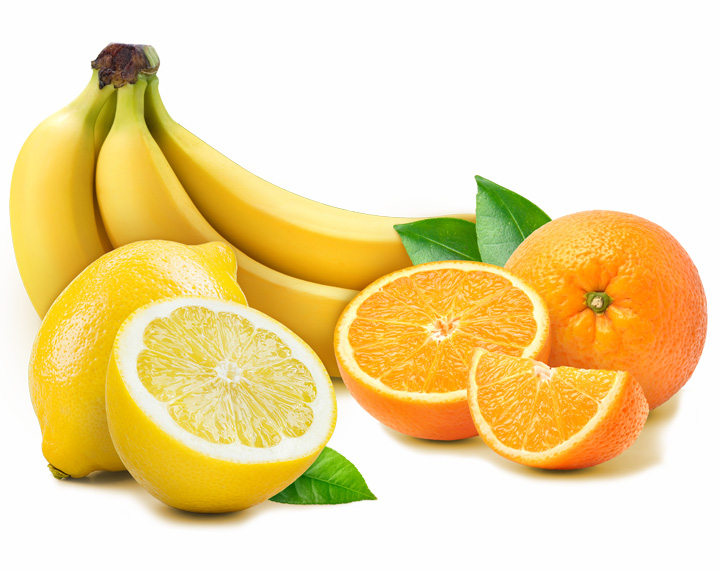
Fresh Fruit (Lemons/Oranges/Bananas)
- Lemons are high in heart-healthy Vitamin C and several beneficial plant compounds that may lower cholesterol.
- It’s well known that citrus, and notably oranges, are rich in Vitamin C, which has valuable antioxidant properties and helps protect cells from damage.
- Bananas are the UK’s most popular fruit. On average we each eat 10kg of bananas every year (about 100 bananas). They have a soothing effect on the gut thanks to their high content of pectin, a soluble fibre, which not only helps lower cholesterol but normalises bowel function.
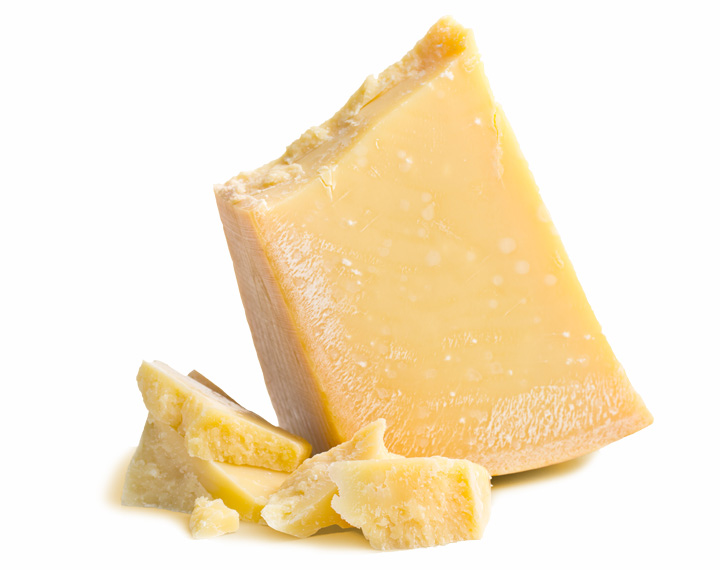
Cheese (Parmesan/Cheddar)
- Parmesan cheese is highly nutritious. It’s rich in protein, ready-to-use fat, and nutrients that support bone health.
- Cheddar cheese is an excellent source of calcium and phosphorus and is also reasonably high in zinc and selenium.
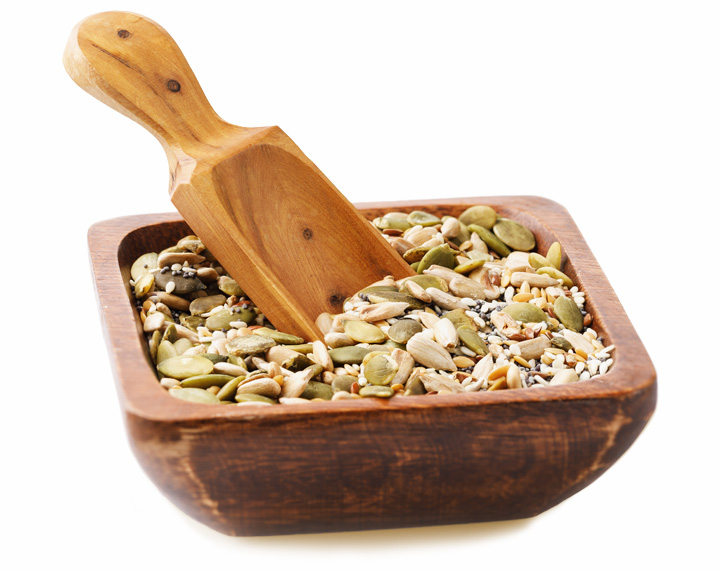
Sesame Seeds, Linseed, Pumpkin Seeds & Sunflower Seeds
- Sesame seeds are packed with protein, iron, zinc, magnesium, calcium and phytic acid while being low in carbohydrates. They also contain sesamin and sesamolin – substances that may help lower cholesterol levels.
- Linseeds are an excellent source of Omega 3 and Omega 6 essential fatty acids as well as dietary fibre and manganese.
- Pumpkins seeds are rich in the amino acids alanin, glycene and glutamic acid. They also contain protein, iron and phosphorus and are low in carbohydrates.
- Sunflower seeds are rich in the B complex vitamins, which are essential for a healthy nervous system, and are a good source of phosphorus, magnesium, iron, calcium, potassium, protein and Vitamin E.

